Much of my work as a playwright is butch-centric and survivor-centric. Queer theory, with its emphasis on trans identities, its enthusiastic embrace of prostitution as empowering, pornography as recreational, and its historic enabling of child sexual abuse, has been dismissive of the work of lesbian feminist writers like myself. Many of my recent plays are focused on confronting queer theory, and specifically the post-modern philosophy that spawned it. Here are some examples:
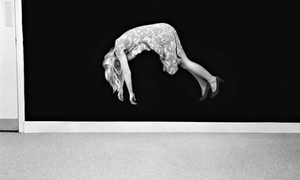
This one-act play is staged as a magic show. Yamashita, the female magician, promises us an evening of entertainment, where she will personally escort her audience “through the secret tunnels and nubiferous passageways of a post-colonialist, global economic maze, more hidden than King Solomon’s Tomb, more baffling than the riddle of the Sphinx, and more impenetrable than the Great Pyramid of Khufu.”
The play incorporates three stunts traditionally associated with the genre: levitating a woman, sawing a woman in half, and causing a woman to vanish inside a magic cabinet. These become explicit metaphors for the wholesale drugging of a generation of young women, the dissociation (splitting) of women through traumatic sexualization and objectification of our bodies, and the disappearing of millions of girls and women through trafficking. Professor Yessir, lending her authority to the proceedings, illustrates the intellectual idiocy and moral complicity of academic theorists, including Lacan, Foucault, Butler, and Kristeva. This is a harrowing play that shatters the fourth wall with a variety of audience plants. The finale of the performance relies on an improvised recruitment of the audience to stage a protest strong enough to stop the escalating onstage atrocities.
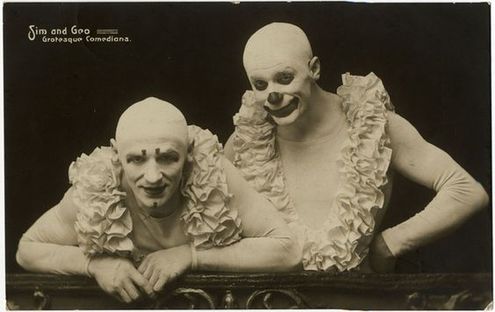
Subtitled “The Founding of Post-Modern Theory,” this slapstick farce features two clowns, Michel-Henri and Jacques-Pierre. Few people are aware that Foucault and Derrida were pro-pedophilia activists who publicly lobbied the French Parliament to abolish (not just lower, but abolish!) the age-of-consent for children. In my farce, the two clown characters purport to found a school of knowledge with its own secret and self-referential language—a language that will effectively deconstruct everything except itself. The ultimate goal of all this initiation and deconstruction is the decriminalizing of their child rapes.
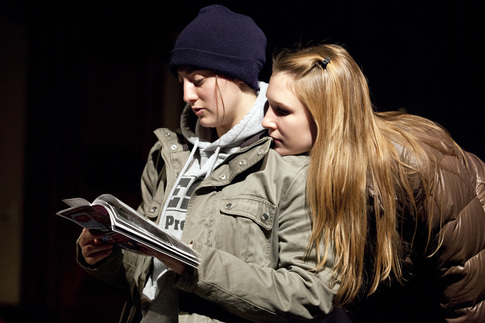 That Uppity Theatre Company production.
That Uppity Theatre Company production. The Ladies Room enacts the collision of queer theory with radical feminism in the space of six minutes. This short-short play takes place outside a ladies’ room in a shopping mall. A teenage lesbian couple is struggling with the fact that someone has reported the butch for being in a women’s bathroom. The butch is on a rant about gender policing, while her girlfriend argues in support of vigilance about male presence in women’s spaces. During the course of the conflict, the girlfriend’s rape narrative emerges, radically altering the direction of the play.
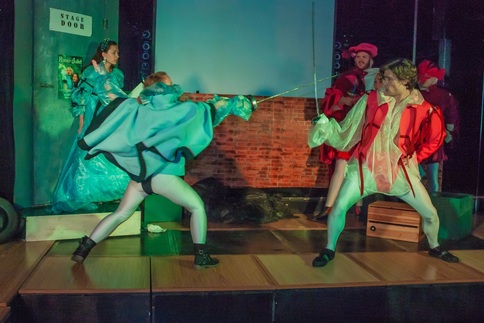 East West Theatre production in Shanghai, China for Pride Day
East West Theatre production in Shanghai, China for Pride Day In the one-act, Bite My Thumb, the conflict between queer theory and lesbian feminism gets down and dirty with a series of on-stage sword fights. Two “gangs” from rival Off-Off Broadway productions of Romeo and Juliet meet in an alley to rumble, sixteenth-century style. A trans man from a mainstream theatre takes on a lesbian butch from an all-women theatre company, with the two combatants hurling accusations at each other, while the members of their respective companies end up firing them both for sex and gender non-conformity. The play ends with the protagonists’ begrudging acknowledgement of the need to forge an alliance.
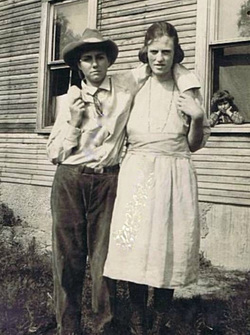
Planchette is a historical play about two fourteen-year old females in 1879. One of them is gender-conforming and attracted to women, while the other is non-conforming, with deep gender dysphoria. I wanted to explore issues of sexual orientation and gender identity in an era when there was no culture, language, or model for anything except heterosexuality and patriarchal gender representation and roles. In the play, Jude struggles to articulate an identity, settling on a fantastical description of girls who grow up to be men. The stage directions never apply gendered pronouns for Jude, leaving the actors and audience to speculate whether today Jude would be a trans man or a lesbian butch. In addition, both of the characters have survived traumatic events, which inform and complicate their identities.
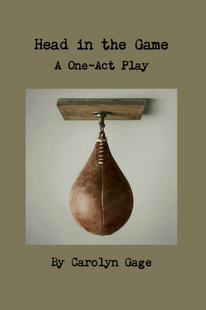
Head in the Game
Head in the Game was inspired by an interview with prostitution survivor and abolitionist Rachel Moran. She gave a very simple analogy to help liberal feminists understand prostitution as abuse. She explained how paying someone money in exchange for their allowing themselves to be slapped in the face does not in any way keep the slap from hurting. She points out that there is harm every time a woman has sex that is unwelcome and unwanted, and the fact that money is exchanged for the act does not alter the fact that it is unwanted. As she says, “Money is not magic.”
I took her analogy and ran with it in the play, positing a franchise of “Boxing Girls Gyms,” where men pay money to “box” with “sparring partners”—except that the “sparring partners” (all female) are not allowed to hit back, and in fact, the only person “boxing” is the client. In the play, the batterer attempts to kill the “boxing girl,” who manages to call the police. What we see is the difficulty in naming abuse when the entire nature of the so-called enterprise is paid abuse.
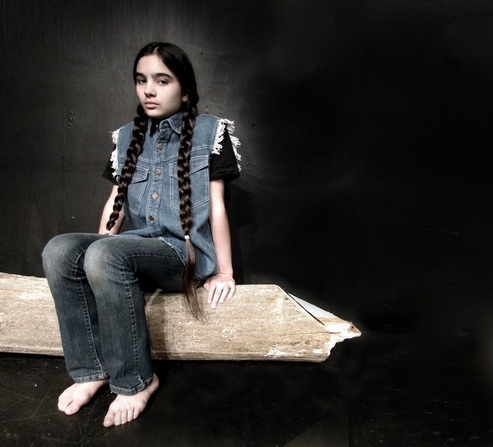 Angelina Moline in the Portland, Maine production.
Angelina Moline in the Portland, Maine production. Little Sister was written with the assistance of Chris Courchene, a member of the Fort Alexander First Nation, whose tribal affiliation is with the Plains Ojibway. This is another play that explores historical figures who today might be considered trans men or lesbian butches. In the play a butch-femme couple on a Chiricahua reservation find themselves drawing on the legendary example of a female, Two-Spirit ancestor, Lozen, in order to respond to the needs of their niece, a young incest survivor struggling with intense gender dysphoria.
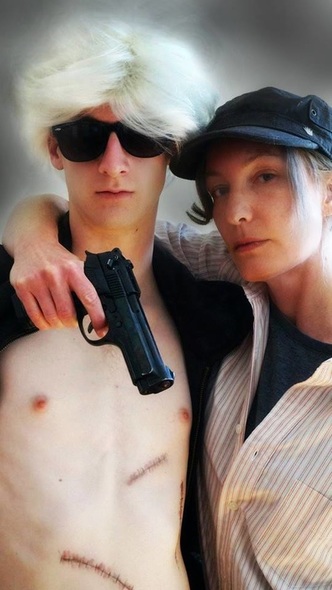 Tristan Rolfe and Elizabeth Freeman in the Portland, Maine production.
Tristan Rolfe and Elizabeth Freeman in the Portland, Maine production. In this play, I wanted to call out both queer activists and radical feminists for their ignorance of trauma studies.
In the play, two radical lesbian feminists are visiting Solanas in the state mental hospital shortly after her shooting Andy Warhol. Enamored with her iconic SCUM Manifesto, they are hoping to recruit her as a spokeswoman for the rising Women’s Liberation Movement. The two activists are shocked and disillusioned to find that Solanas is only interested in performing her play Up Your Ass.
Up Your Ass, written in the 1960’s, is actually very post-modern in its reification of patriarchal butch-femme roles and its representation of prostitution as an ennobling act of resistance. Solanas frames her internalized misogyny as empowering, while her visitors frame it as an enemy action. I depict it as a testament of an unrecovered incest survivor, challenging the audience to consider whether trauma literacy might open up common ground between queer theorists and radical feminists.
I invite queer-identified artists to engage with this work, to move away from the blanket dismissal of butch identity, and especially to interrogate the lack of feminist archetypes of lesbian survivors in the canon of queer work.
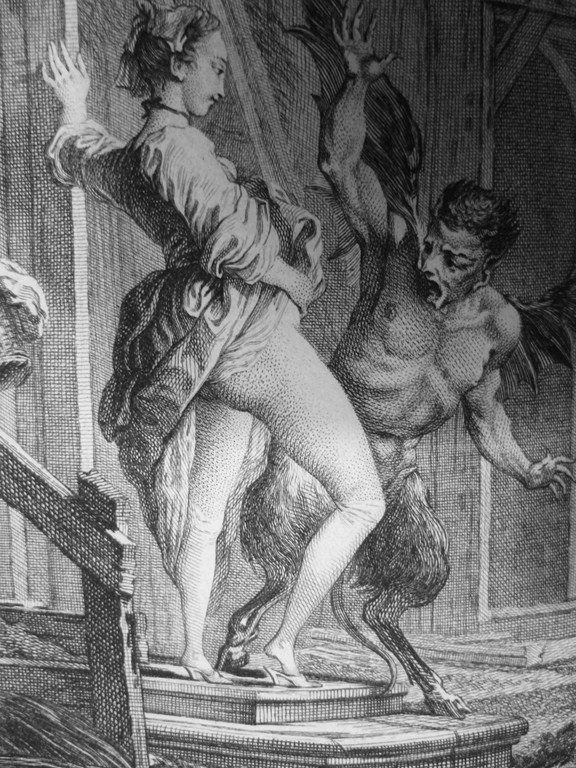
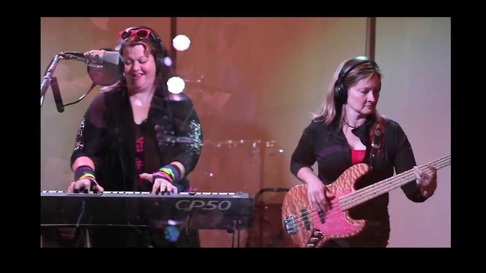
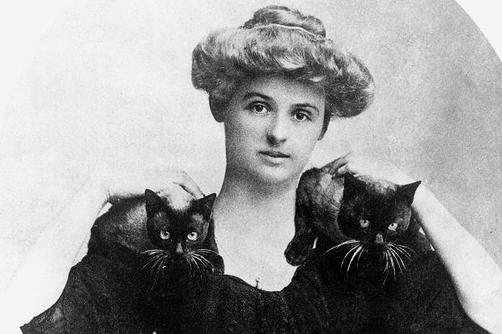
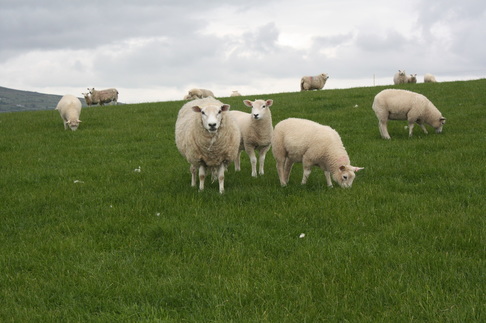
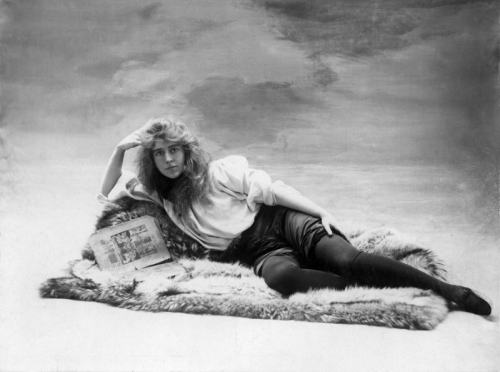
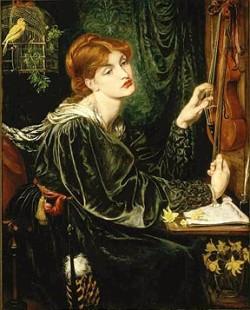
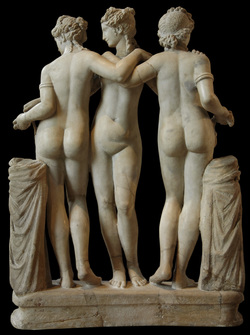
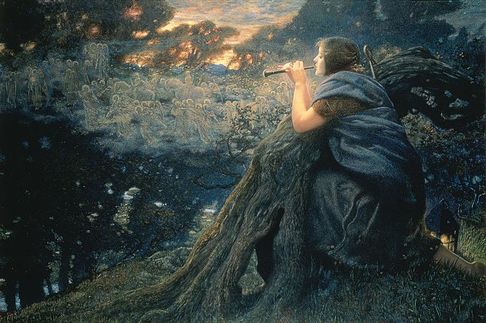
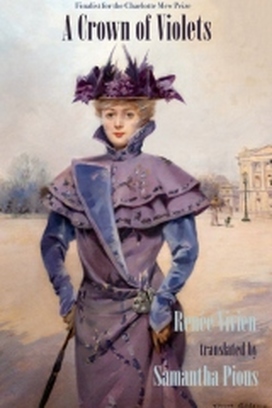

 RSS Feed
RSS Feed
